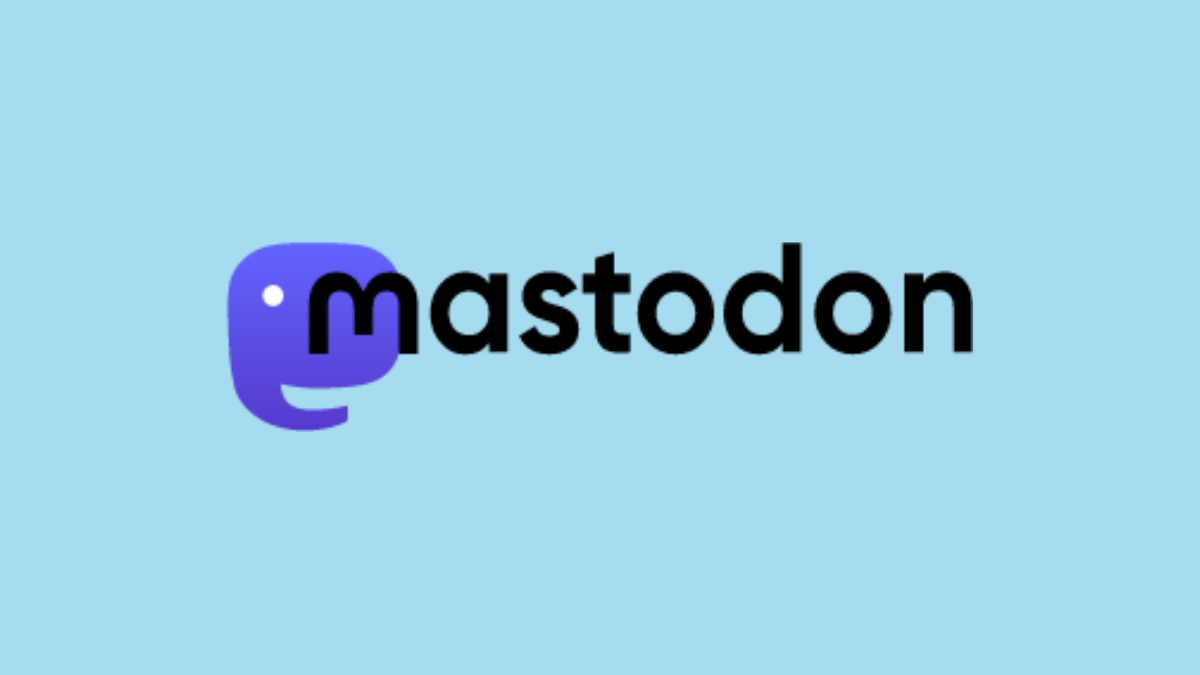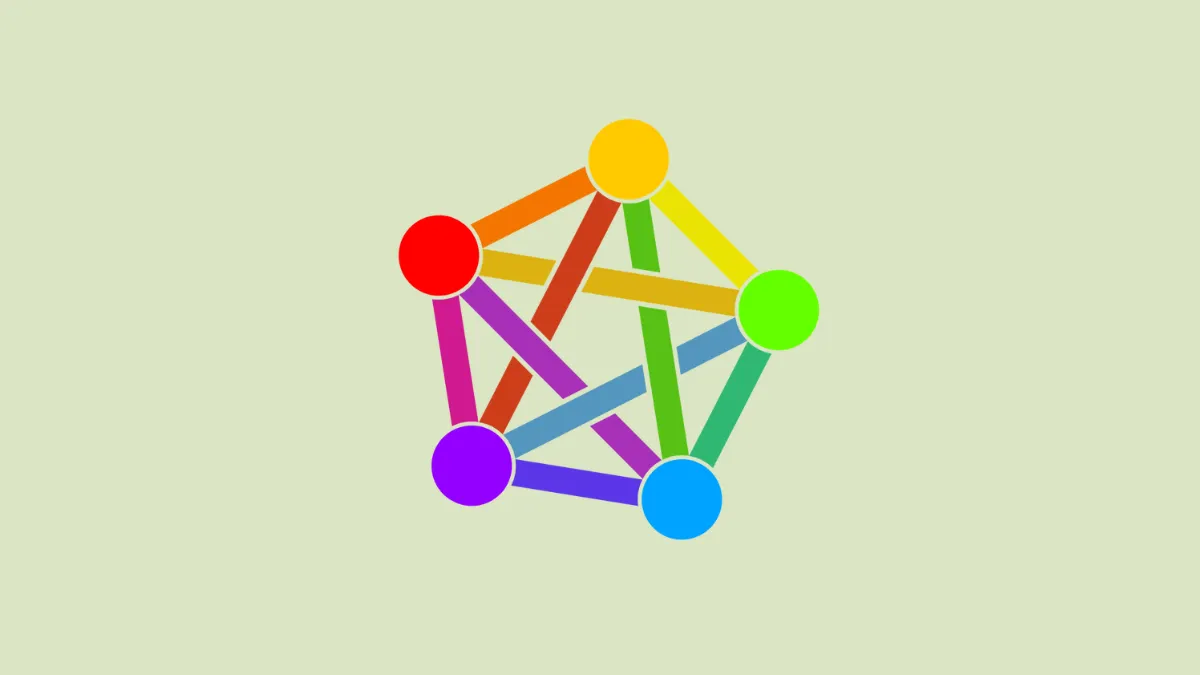You may have come across the term 'Fediverse' over the past few months, which is a portmanteau of the words 'federation' and 'universe'. Short for 'Federated Universe', the Fediverse refers to a decentralized network of independent social media platforms connected to each other via a common protocol called the ActivityPub. The Fediverse aims to solve a lot of problems present with existing social media and supports the idea of a decentralized internet.
Currently, all the major existing social media platforms are owned and controlled by major tech companies, whether it is Meta, X, or something else. One of the goals of the Fediverse is to help create a digital environment where social media is not controlled by data-hungry organizations who invade users' privacy but instead is managed in a decentralized manner by the independent entities that are a part of it.
In addition to that, Fediverse aims to provide a certain level of stability for users who rely on social media to build audiences, find communities, and interact with content they find interesting, which is currently not possible. Since the social media platforms existing right now are owned and operated by businesses, they can and do change based on businesses' goals, priorities, and agendas, among other factors. An excellent example of this is Twitter, which became X after Elon Musk bought it in 2022. In the two years since then, the platform has completely changed from what it used to be earlier due to the huge number of policy changes Musk has implemented.
To put it simply, these platforms do not offer any stability, so users are at their mercy. In contrast, user data in the Fediverse will not be stored on a specific server, like a company's server, say X or Meta but will be stored on independent servers and can be used by multiple different applications. This means that even if one of the social media platforms within the Fediverse is experiencing issues or changes the way it functions, users will not be affected.
This also leads to another problem that the Fediverse intends to address, namely that of platform lock-in. Currently, all your posts, likes, and shares on a social media app such as Facebook or X are limited to that platform only since your data is stored on that company's servers. However, as explained above, in the Fediverse, user data in the Fediverse will be stored on independent servers. This means that you can transfer your posts, comments, etc. between participating platforms easily. In other words, all your stuff will be in one place and you will be able to move it between different apps and platforms.
Similarly, you won't have to rely on multiple social media apps with different algorithms to find the content you like. The ActivityPub protocol supports multiple content types and allows the creation of posts in a format that can be understood by different platforms. Likes, comments, shares, etc., between different apps can take place using this protocol, eliminating the need for separate apps.
How does the Fediverse work?
In its most basic sense, the Fediverse functions like an email. Just as users rely on different email services like Gmail and Yahoo but can send emails to each other, you will be able to interact with users from one Fediverse app while they are using another.
The Fediverse includes multiple applications and platforms that all utilize the ActivityPub protocol while user data for these apps is stored on separate independent servers. This means that there is no need for a single large app like Facebook since the Fediverse itself serves that function and the participant platforms and applications are a part of it.
These platforms and apps can interact and work with each other as required. In many cases, they will be confined to their own 'universe', but users can always move their data between different platforms. While this offers the advantage of choice, since you can always shift from one app to another if the earlier one has some problems or shuts down, the Fediverse works best when the different platforms and apps within it interact with each other.
This allows them to treat your posts, shares, and likes according to their own algorithms, moderation rules, and other factors but the content remains the same. You won't have to create different content for different platforms and then share those across each platform individually. Similarly, you can interact with comments, notifications, and posts from one app while using another. However, this interoperability will take some time, though everybody will benefit in the long term.
Apps that will be a part of the Fediverse
With new social media platforms coming up every day, there is no exhaustive list of the apps that will be a part of the Fediverse yet. However, some well-known platforms are expected to join it. Meta's Threads, which has rapidly gained users following Musk's acquisition of Twitter, will be a part of the Fediverse.
Mastodon, another platform that increased its user count recently, already uses the ActivityPub protocol and is a Fediverse app. It offers an alternative to Twitter or X and allows users to create posts with text, images, video, and links to other pages. Moreover, Mastodon is a completely ad-free platform and has multiple instances, such as Mastodon.social or Mastodon.xyz that can interact with each other.
While Threads and Mastodon are two of the most famous apps to be a part of the Fediverse, there are several others. There is Pixelfed, a photo-sharing platform similar to Meta's Instagram, PeerTube, a YouTube-like video hosting network, and more. Furthermore, the Fediverse isn't just limited to social media platforms, as content management systems like Drupal and WordPress also have ActivityPub support through plugins.
Some existing platforms like Flipboard, which connect publishers and readers around the world, have also decided to move to the Fediverse, while others like Medium and Tumblr are seriously interested in the concept.
Challenges to the Fediverse
While the Fediverse seems to be a solution to a lot of the problems currently plaguing social platforms, it still needs to overcome certain challenges. The first one is the lack of proper infrastructure since none of the platforms that are currently part of the Fediverse can take on as many users as Facebook, Instagram, or other social media platforms. The infrastructure needs to be scaled up since the Fediverse is designed to rely on independent servers located in users' homes, which will have different maintenance requirements.
This also means that storing the data in a decentralized manner will not be very profitable for platforms and won't offer much incentive. Traditionally, proprietary servers that store the data in one centralized location have been more profitable so platforms may not want to switch to the decentralized model. Not only that, the decentralized nature of the Fediverse also makes content moderation difficult. While existing platforms like Facebook and Instagram have a uniform moderation policy, this won't be possible in the Fediverse. Individual users who set up their own servers will be responsible not just for hosting and maintaining the server but also for content moderation.
Then there is the question of data privacy, as there will be no central policy designed to protect user data. Data will be present on the server where content is posted and the terms of service that let users use that server may not be adequate for protecting user privacy. These are some of the biggest challenges that need to be overcome for the Fediverse to become a successful replacement for the social media platforms as they exist presently.
Things to know
- While the Fediverse is not a new concept, its development and evolution is an ongoing process and it will take some time before it is mature enough to achieve the goals set out for it.
- If you want to be a part of the Fediverse right now, the best way to try it out is by signing up for platforms like Mastodon or Pixelfed.

- The platforms that are part of the Fediverse are quite different from each other. For instance, on Mastodon, you get a username that requires two '@' symbols but this will most likely change and there may be a single username that will work across all Fediverse apps.
- Bluesky, another app getting popular these days, is powered by the AT Protocol and not the ActivityPub Protocol. Hence, it is not a part of the Fediverse. However, it is also a decentralized protocol designed to enable interoperability and user control over social media networks, and hence a popular alternative.





